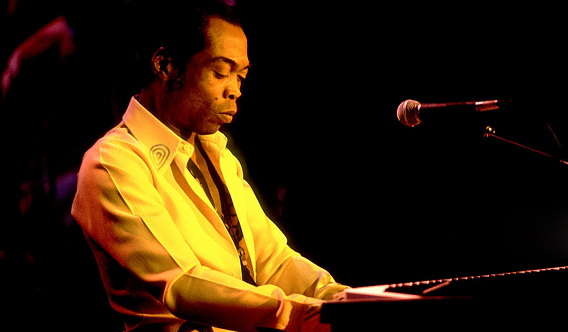Segun Arinze, Nollywood actor and TV personality, says Afrobeat legend, Fela Anikulapo Kuti, was a prophet but throughout his life, he never got the respect he deserved at home.
Fela’s elder brother, Olikoye Ransome-Kuti, a former minister of health, announced his death from complications related to HIV and AIDS on August 2, 1997.
In an interview with the NAN on Wednesday, Arinze said the issues Fela addressed in his works were still relevant.
“He is a great icon and till date, his music still stands relevant. Most of those things he said in all his songs are prevalent till date.” he said.
“He was like a prophet but as the saying goes, a ‘prophet is not respected in his home town’, which is exactly what played out in his life.
“We still keep hope that the society will continue to imbibe the messages he left behind for the much needed change to come.”
Arinze described Fela as a great artiste who understood how to use music to pass on messages. He said Fela started passing messages before other activists started using music to propagate worthy and good causes.
“And of course, he was being recognised by the government, people and the society; Fela was great, we can never forget him in Nigeria, Africa and the world stage.
“It even got to a level of staging a play in his honour, Fela on Broadway; what else can you ask for?” he asked.
Arinze said Fela’s works encouraged other musicians in Nigeria to pass positive messages through music.
He said musicians should learn, live and share experiences with people in their works.
Fela was a Nigerian multi-instrumentalist, composer, pioneer of the Afrobeat music genre, human rights activist, pan-Africanist, polygamist, mystic, legend and political maverick.
He was born on October 13, 1938, in Abeokuta into an upper-middle class family.
His mother, Funmilayo Ransome-Kuti, was a woman activist and his father, Isreal Oludotun Ransome-Kuti, was an Anglican minister and school principal.
Fela was a cousin of Nobel laureate Wole Soyinka.
Because of his social activism, he ran into trouble on many occasions with the military regimes in Nigeria in the 1970s and 1980s and was constantly jailed.
Copyright 2025 TheCable. All rights reserved. This material, and other digital content on this website, may not be reproduced, published, broadcast, rewritten or redistributed in whole or in part without prior express written permission from TheCable.
Follow us on twitter @Thecablestyle

